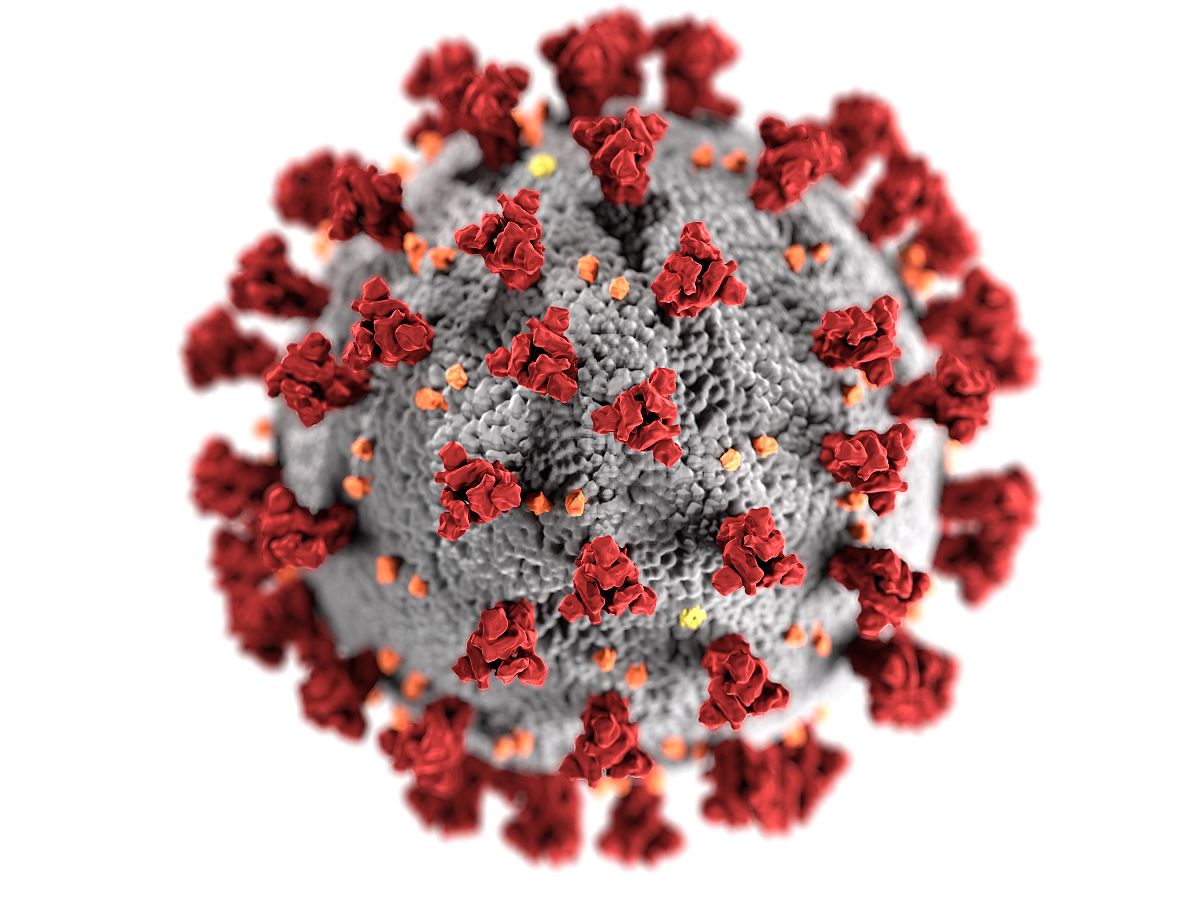Asher may just look like a cute cuddly dog but he is much more than that.
He, along with some of his canine friends, have been trained to sniff out Covid-19 in people and the initial results show they can do it very reliably.

The dogs were able to detect odour from individuals with Covid-19 regardless of whether they had symptoms or not, as well as those with two different strains, and with both high and low viral loads. They did this using body odour samples from masks, socks and t-shirts sent in by volunteers across the country.
This is because a research team, involving Durham, has found that Covid-19 has a very distinct odour – which we as humans can’t smell – but the dogs’ super sniffing powers can detect it with up to 94 per cent accuracy.
The study is the most extensive of its kind to date using over 3,500 odour samples donated by the public and NHS staff. It involved training dogs to distinguish between infected and uninfected people alongside odour analysis and modelling.
The dogs were able to detect odour from individuals with Covid-19 regardless of whether they had symptoms or not, as well as those with two different strains, and with both high and low viral loads. They did this using body odour samples from masks, socks and t-shirts sent in by volunteers across the country.
Although the dogs were trained in a trial setting and more work is needed to transfer the method to real-world locations, the preliminary results show that specially trained dogs can rapidly, non-invasively sniff out Covid-19.
Mathematical modelling carried out by the team estimates that two dogs could screen 300 plane passengers in around 30 minutes as part of a ‘Rapid Screen and Test’ strategy.
The study, which is not yet peer-reviewed, is a collaboration between the London School of Hygiene & Tropical Medicine (LSHTM), Medical Detection Dogs and Professor Steve Lindsay from our Department of Biosciences.
The team now hopes to move on to the next phase of the trial which will involve the dogs detecting Covid-19 directly on people in real-world settings such as airports.
